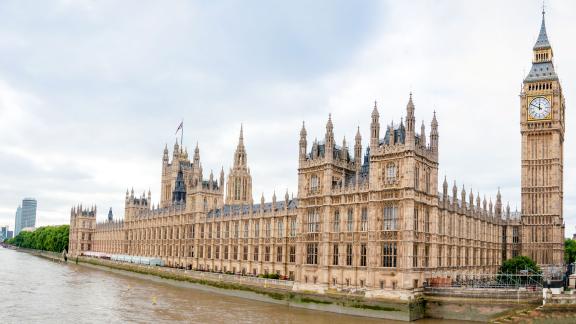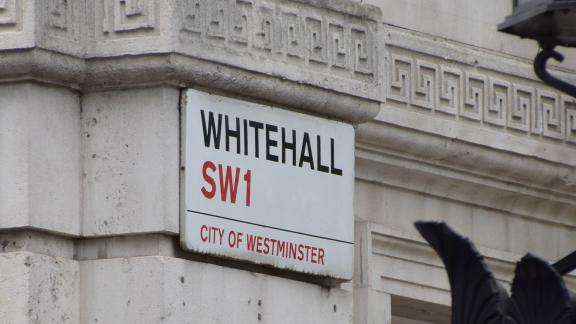Health and care bill report stage (House of Lords): what ICS leaders need to know

Peers in the House of Lords have passed a number of amendments to the health and care bill, which has now received its third reading. However, these may be withdrawn in the next stage, known as 'ping pong,' when the amendments move back and forth between the House of Commons and the House of Lords.
Here we summarise what it would mean for ICSs if the peers' amendments were to stand.
Introduction
The health and care bill received its third reading in the House of Lords on Wednesday 23 March, with peers having passed a number of key amendments during report stage.
All amendments passed by the House of Lords may be withdrawn when the bill returns to the Commons, which we anticipate will be next week, and ‘ping pong’ begins. Ping pong is the stage of parliamentary proceedings when amendments to bills move to and fro between the House of Commons and the House of Lords.
Summary of amendments passed
Conflicts of interest and integrated working
An amendment was passed that intends to preclude private providers from being members of integrated care boards (ICBs), its committees, and sub-committees. However, this amendment is worded such that voluntary, community and social enterprise (VCSE) providers, as well as some NHS providers, would also be excluded from membership.
The NHS Confederation is working with the government and opposition on behalf of members to try and agree changes to this amendment that will protect local flexibility and the role of VCSE and NHS providers.
Health inequalities
An amendment was passed stipulating that ICSs must consider how their decisions impact health inequalities.
Mental health
Amendments were passed stipulating that:
- ICSs must include mental health spending in their annual report
- at least one member of an ICB must have expertise in mental health
- the Secretary of State must state annually whether they expect an increase in the mental health spend from ICSs and NHS England
- the definition of health includes mental health.
Local service reconfigurations
An amendment was passed to scrap Clause 40 at Lords Report Stage. Clause 40 would give the Secretary of State the power to intervene in local service reconfigurations.
The NHS Confederation backed this amendment and is working with government and opposition to push for Clause 40 to remain removed from the bill, or for significant safeguards to be applied to the proposed new powers.
Workforce
An amendment was passed stipulating that the Secretary of State for Health and Social Care must publish independently verified assessments every two years of the current and future workforce numbers required to deliver care to the population in England.
The NHS Confederation called for this amendment, along with around 100 other health and care organisations.
Other proposed duties of ICBs
- Several amendments were passed that place new duties on the ICBs. These stipulate that:
- an ICB must commission services or facilities for palliative care, including specialist palliative care
- an ICB must promote research and the use of evidence, including by facilitating research
- an ICB must have regard to climate change and certain matters relating to the environment in the exercise of its functions
- an ICB must keep the skills, knowledge and experience of members under review, and if it considers that the board lacks the necessary skills, knowledge and experience, take steps to address or mitigate this
- an ICB must provide a joint forward plan with its partners to describe the services it plans to commission over the next five years
- the ICB’s forward plan must particularly consider the ICB’s duty to improve the quality of services, and the duty to involve and consult the public
- an ICB must set out plans addressing the particular needs of children and young people
- health service procurement must be consistent with the UK’s obligations under the Convention on the Prevention and Punishment of the Crime of Genocide.
Further information
If you have any questions or concerns on the above amendments, please get in touch with senior policy adviser William Pett at william.pett@nhsconfed.org



